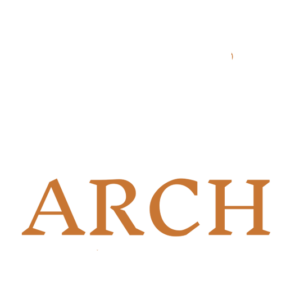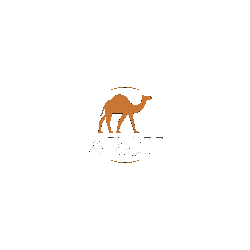Check out our programs below
ARCH utilizes group therapy to foster social support, shared experience, and peer feedback/perspective. Each client also participates in weekly individual sessions to work on personal empowerment and accountability.
ARCH helps each individual process unhealthy behaviors that stand in the way of client success. We provide each client with the tools and strategies necessary to combat impulsive addictive behaviors and formulate a plan for success in recovery.
ARCH utilizes therapeutic approaches to treatment based on scientific research and extensive testing. Behavioral therapies, motivational interviewing, and interpersonal therapies are used to help identify and change maladaptive client behaviors.
Outside employment (or comparable volunteer positions) help clients gain valuable work experience, interdependence, and self-esteem. Clients are able to utilize the knowledge, skills, and abilities gained at the ARCH in a real-world environment.
We want our clients to take pride in where they live. Both treatment locations are comfortable environments where residents are responsible for cleaning, yard work, cooking, and a variety of other tasks. This helps clients build esteem in where they live and grow in recovery.
ARCH recognizes the impact that trauma has on the clients in our care. We tailor our program on an individual basis to account for the unique experiences and needs of our clients in order to build safety and trust. ARCH programming focuses on the strength and empowerment of the individual to support them on their journey to a new life.
The ARCH Alumni Association provides a continuing sober support and fellowship group to continue recovery post-treatment. The alumni group meets twice a month and participates in community commitments to share experience, strength, and hope. The alumni also act as mentors to the men in treatment and facilitate social events and community fundraisers.
Upon completion of the ARCH Treatment protocol, clients are referred to our aftercare program. The aftercare group meets twice a month and acts as a bridge to life after treatment. The transition from treatment to transitional living can be challenging, but residents are able to process experiences in a safe manner with the assistance of staff, alumni, and peers.



